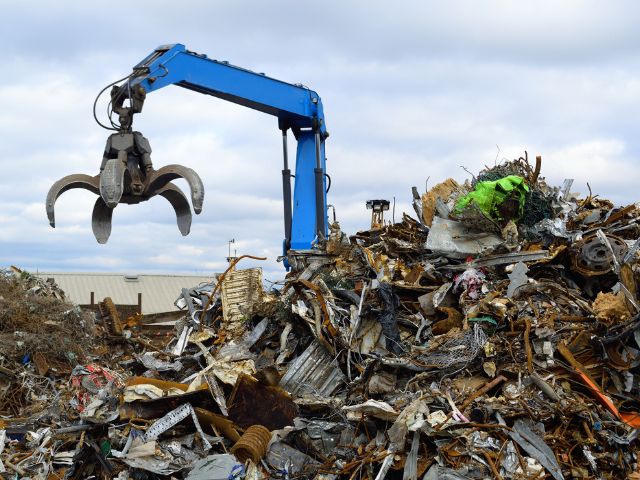
 Business
Business 
With the concern about global warming on the rise, it’s integral that we do our part in reducing its effects on our climate. One way to combat this problem is to recycle. When most people think of recycling, they mostly picture water bottles and milk cartons. Rarely does someone consider the environmental benefits of scrap metal, but you’ll learn about them here.
The extraction of metals and the production of new metal products are major contributors to world carbon dioxide emissions. Greenhouse gas emissions have grown because of increasing mining operations that supply the rising demand for metals. However, recycling scrap metal is one method to save energy and cut down on pollution. Metal recycling is one of the finest methods factories can use to lessen their environmental impact.
Newer metals need more energy to extract, transport, and process than older ones. Massive quantities of carbon dioxide and methane also go into the atmosphere because of these processes.
Thankfully, recycling scrap metal may significantly reduce greenhouse gas emissions. Metal recycling is an effective way to lessen manufacturing’s carbon footprint and energy use.
One of the most compelling arguments favoring recycling metal is that it helps preserve natural resources. Metal ore mining is harmful to the ecosystem. The mining technique disrupts the local ecosystem by excavating enormous pits. Large-scale excavations like this have the potential to pollute the soil and water supply in the area. As a result, polluted groundwater and soil will have a chilling effect on native fauna and flora.
Recycling scrap metal, on the other hand, is a great way to help local ecosystems. To prevent the extinction of native species, you must recycle any metal you no longer need.
There are now serious worries due to the rising demand for metal. The increased demand for metals necessitates an increase in mining operations. More mining facilities mean more pollution and more energy needed to run them. It also takes more energy for factories to convert metal ores into usable forms.
Fortunately, the energy required to transform scrap metal into new goods is far lower than that required to produce metal products from virgin metal ores. Together, product design and scrap metal recycling provide an eco-friendly, long-term answer to the problem of escalating metal consumption.
Additionally, metals retain their characteristics even after repeated recycling. Pure metals and alloys are vastly different, but recycling scrap metals also allows for the separation of individual metals from alloys. Increasing energy efficiency helps cut down on manufacturing expenses.
Besides the monetary gain of discarding materials, the environmental benefits of scrap metal should be a primary motivator for anyone to consider. It’s a win-win situation since you simultaneously rid yourself of unusable materials for cash and help the planet.
24World Media does not take any responsibility of the information you see on this page. The content this page contains is from independent third-party content provider. If you have any concerns regarding the content, please free to write us here: contact@24worldmedia.com